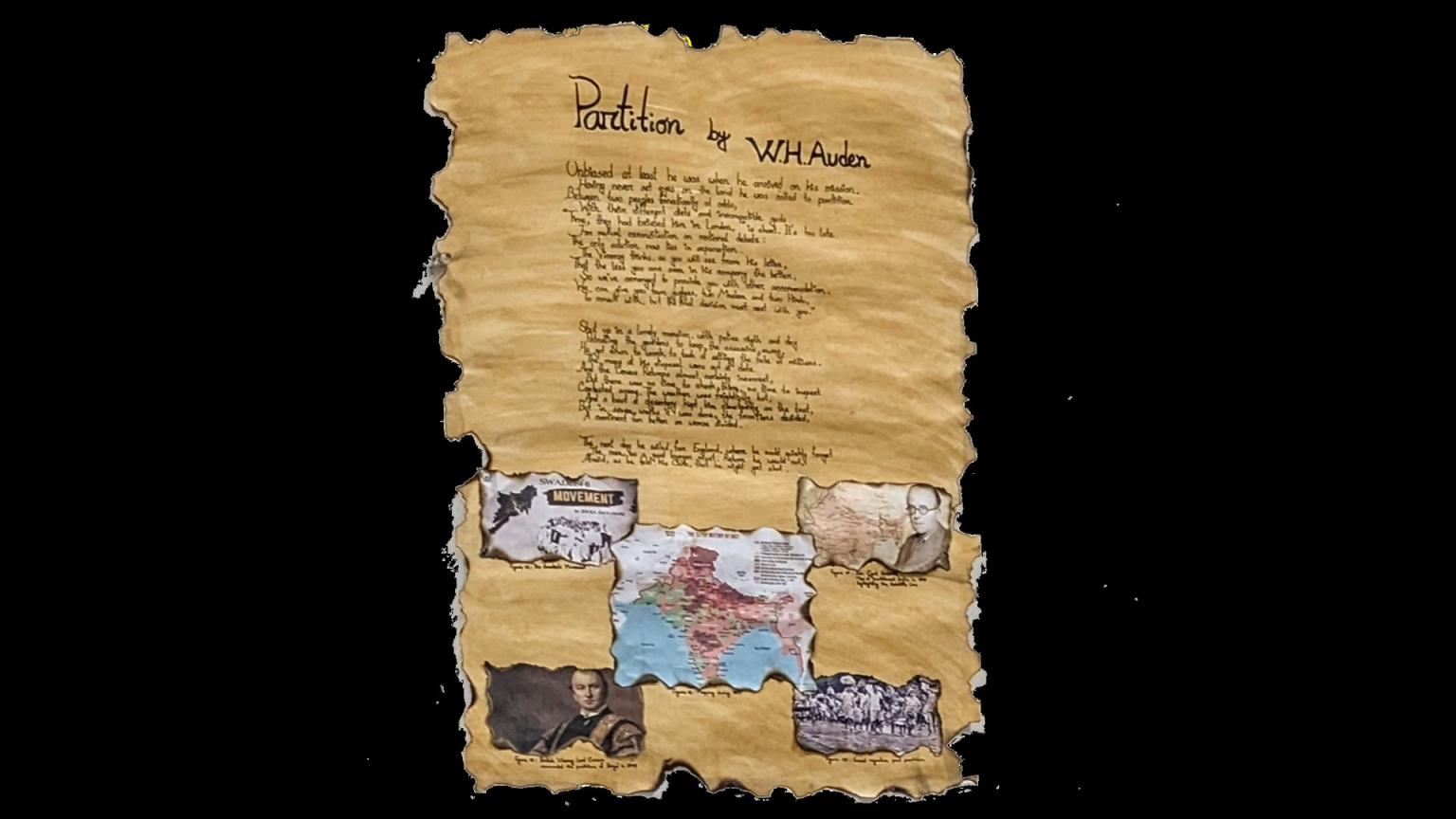The Arts & Liberal School ground at Independent University, Bangladesh (IUB), transformed into an open gallery on Sunday evening, August 17, as students of the MA in English Literature programme unveiled a War Literature Exhibition.
Running from 6:00 to 10:00 pm, the event presented a striking blend of literature, history and visual art aimed at preserving the memory of war and survival.
Supervised by Professor Dr. Razia Sultana Khan, the exhibition showcased a series of student-designed posters, such as Kurt Vonnegut’s Slaughterhouse-Five, Manto’s short stories, Gendry Kim’s Grass and testimonies of the Birongonas, women who survived sexual violence during the 1971 Liberation War. Several displays also drew parallels to the ongoing humanitarian crisis in Gaza, connecting past traumas with present struggles.
“There is a danger of becoming a forgotten nation,” said Dr. Razia, who also serves as an academic advisor at IUB. “If we don’t remember our history and document the victims of war, everything will be lost.”
Among the participants was Farhin Tasnim, 28, whose poster featured intentionally burned edges. “I wanted it to look old, almost burned,’ she explained. ‘Because we are already forgetting our own history. The Partition, the Liberation War, the July Revolution changed us; people endured horrors, and if we don’t remember what happened and why, everything will be erased. This poster is my voice against burning our own stories.”
The event emphasised dialogue over competition. There were no grades or formal evaluations: instead, students and faculty engaged in open discussions. Posters lined the walls and stood on easels, encouraging viewers to interact, critique and reflect. First-year students observed closely, gaining insight into how academic texts can inspire creative expression and activism.
For four hours, the university ground became a space where literature and lived experience intersected. Senior students shared perspectives with newcomers, fostering a collaborative environment that extended beyond the academic sphere.


